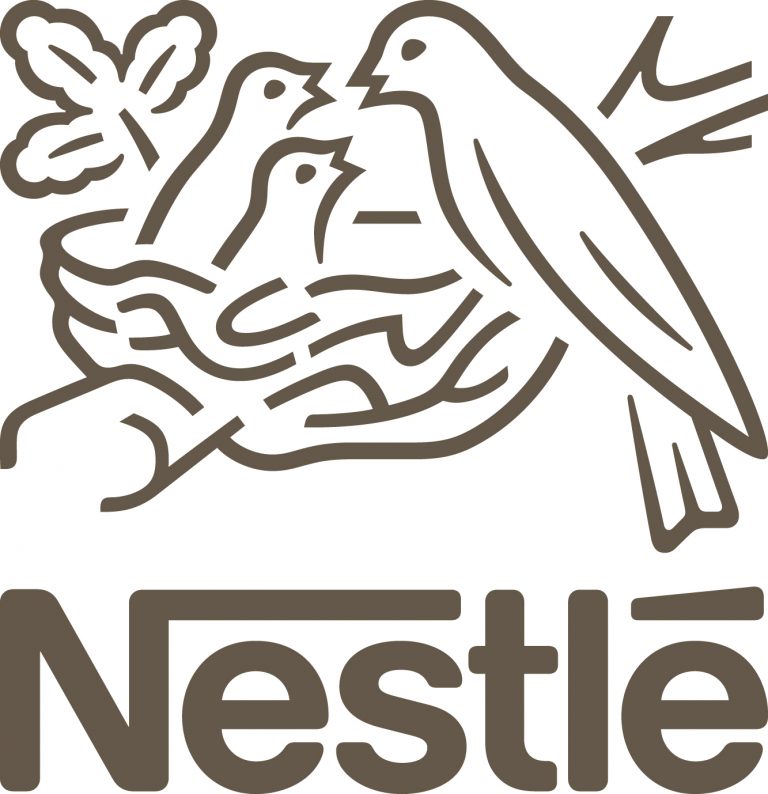By United Capital Research
Last week, Nestle Nigeria Plc (NESTLE) submitted its financial result for H1-2020 and according to the report both Revenue and Profit after Tax declined by 0.6%y/y and 16.8% to N141.0bn and N21.8bn, respectively. This was as all the cost items, save for Selling & Distribution expense, grew y/y across the board. Below, we update our model estimates for NESTLE based on the recently published numbers and reassess our expectations for the rest of the year.
Revenue and cost pressures drag bottom-line: On an annualised basis, NESTLE’s total Revenue missed our estimate of N292.6bn by 3.6%. This was as the Revenue from the Food business segment, which contributes above 60.0% to total Revenue, dipped by 2.5% to N86.0bn in H1-2020 and offset gains from the 2.5% y/y Revenue growth recorded by the Beverage segment during the period. Thus, total Revenue was down 0.6% to N141.0bn in H1-2020. Also, a quarterly analysis showed that Revenue slid 0.3% in Q2-2020, mainly dragged by 7.1% y/y decline in revenue from the Beverage segment which offset the 4.1% y/y growth in revenue from the Food segment. Notably, we suspect that the shutdown of event and recreational centres, as well as restrictions on large size gatherings in Q2-2020, may have hurt the sales of beverage products like Nestle Pure Life. Meanwhile, we believe the lockdown and health concerns that characterized Q2-2020 might have spurred reliance on home-prepared meals and supported the demand for seasoning like Nestle’s Maggi.
Elsewhere, despite the decline in Revenue, Cost of Sales rose by 5.7% y/y to N80.2bn. Given that most of the company’s input is locally sourced we believe that the input cost pressure must have been as a result of the local supply chain disruption induced by the ban on inter-state movement which must have affected the prices of key inputs such as maize, wheat, sugar, cocoa etc. during the period. Accordingly, Gross Profit dipped by 7.9% y/y to N60.1bn, hence, Gross margin slid to 43.1% in H1-2020 (vs. 46.6% in H1-2019).
Further analysis showed Operating Expenses (OPEX) grew 3.4%y/y to N26.5bn. The increase in OPEX was largely driven by the surprise jump in Administrative expenses by 50.7%y/y to N6.6bn. Meanwhile, Marketing and Distribution expenses declined by 6.3% y/y to N19.9bn. We note that the surprise increase in Administrative cost partly stems from the 16.4% increase in welfare and end of service benefit paid to the qualifying staff. Consequently, the higher OPEX growth dragged Operating Profit (EBIT) lower by 15.1%y/y to N34.3bn in H1-2020.
Additionally, the company’s bottom-line performance was further weakened by Net Finance Cost which came in at N0.5bn in H1-2020 relative to Net Finance Income of N0.02bn in H1-2019. In all, Pre-tax and Post-tax profit declined by 16.3%y/y and 16.8% to N33.9bn and N21.8bn, respectively.
A healthy balance sheet position? Relative to FY-2019, NESTLE’s debt position declined significantly, down 55.7% to N5.9bn in H1-2020, having paid down N10.4bn in outstanding borrowings (inter-company: N5.5bn; bank loans: N4.9bn). Consequently, Debt/Equity improved from 0.3x in FY-2019 to 0.2x in H1-2020.
Elsewhere, cash and cash equivalents grew by 43.0% y/y to N23.3bn thanks to the management’s strategy to schedule payment of FY-2019’s final dividend for July-2020 amid the broad delay in publishing the FY-2019 result.
TP Reviewed to N1,343.2; BUY: We have adjusted some of our expectation for the rest of the year in line with the new realities in the macro-economic environment. Notably, we have cut our previous expectation of 5.0% Revenue growth in FY-2020E to c. 1.0%. This is as we expect the company’s overall topline performance to improve in H2-2020 buoyed by the resumption in inter-state movement and our expectations for current restriction on social gatherings to be gradually lifted in H2-2020 as the negative economic impacts of some these restrictions are felt by the FG. Also, we expect a tapered growth in Cost of Sales in H2-2020 as prices of key inputs normalize. Meanwhile, Operating Expenses are likely to remain higher than 2019’s level. In all, we estimate that FY-2020E earnings will come in at N57.25/share (vs. N57.63 in FY-2020A).
The counter currently trades at a P/E of 22.57x compared to EM peers at 43.7x and a five-year average of 35.2x. However, adjusting our model estimates with the new assumptions, we review our year-end target price to N1,343.2/share. The stock currently trades at a market price of N1,175.0/share, a 14.3% discount to our year-end Target Price. Thus, we maintain our BUY rating on the Ticker.








